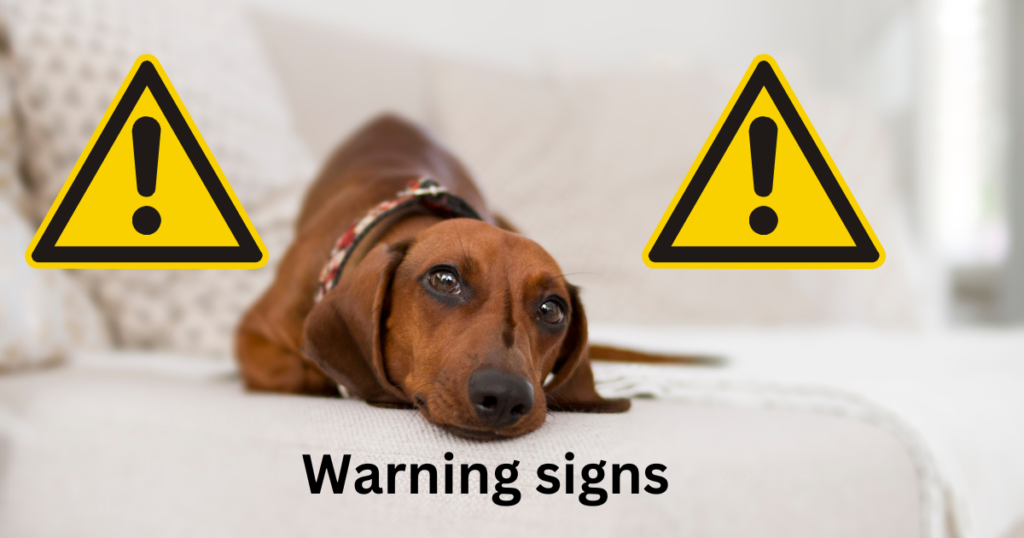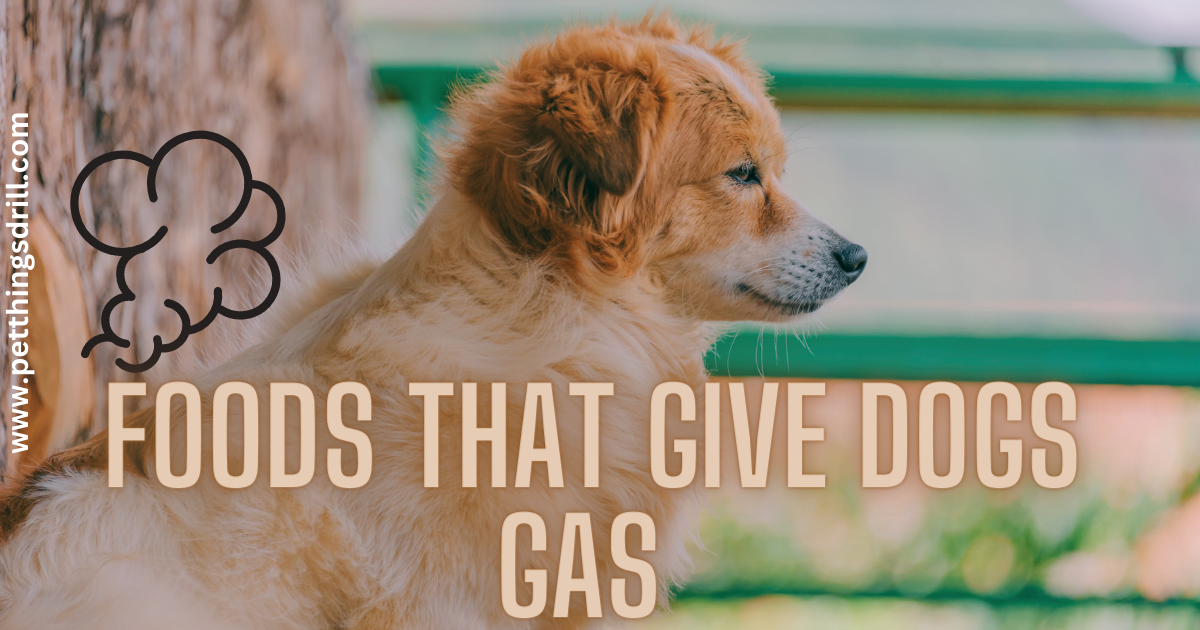


Have you ever wondered what to expect after neutering a dog? If yes, keep reading and learn the important aspects of neutering. There are many legitimate reasons for contraception/neutering your dog. One of the main reasons is that this surgery will prove beneficial for your pet’s health. Most dogs quickly recover from neutering. Although Dog neutering recovery is fast in many dogs, light dizziness is not uncommon. Anxiety and agitation after anesthesia are normal. Younger dogs may want to return to play the same day. However, you should keep your dog quiet for 10-14 days after surgery or if your veterinarian recommends it.
What is neutering?
Let’s understand the idea of neutering or spaying. These are common surgical procedures to prevent pregnancy in cats and dogs. In females, it is the surgical removal of the ovaries (usually together with the uterus); in males, it is the surgical removal of the testes.
Now the question must pop up in one’s mind how long will it take a dog to recover from neutering?
The answer to this question is it takes about 2 weeks; with proper care, the healing process will take about two weeks. Most pet parents are amazed at how quickly their dog recovers from this safe and effective procedure.
What to expect after neutering a dog?
They might still be slightly upset when you pick up your pet after spaying or neutering. So, don’t take it personally if they don’t greet you with the usual excitement. Here are some common things you might know when it comes to what to expect after neutering a dog:
1. Sleepiness
It’s common for pets to be a little tired after spaying or neutering. However, if your pet is sleepy and unresponsive to your touch or voice or is exhibiting other concerning behavior, please get in touch with your veterinarian (or, in case your veterinarian’s office is closed at night, contact the animal emergency room). This is important for the health condition of your pet.
2. Dosage or medications
Neutering is a necessary surgery; he may be prescribed medications to promote faster healing and recovery. Keep in mind that your pet will be on long-term pain medication during spay/neuter surgery. However, the effects of this drug may wear off 24 to 36 hours after surgery. Therefore, it is normal for veterinarians to prescribe pain-elevating medication. Follow your veterinarian’s instructions for optimal healing.
3. Do not use human pain relievers
Whatever you do, don’t use human pain relievers (including aspirin) on your pets. It could be harmful and cause serious problems for your pet. Consult your veterinary team to ensure that the pet is given the safest and most effective pain reliever.
4. Monitor food and drink
Since your pet is anesthetized, you must limit water and food immediately after returning home, especially the night after surgery. After a few hours, you can start feeding a small amount of water. After about an hour, give them a small amount of regular food. This will allow your pet to drink and normally eat after surgery. Besides that, it helps reduce other problems such as vomiting, aspiration, and pneumonia. If you keep these small amounts of water and food in check, your pet will be normal the next morning.
Warning signs after dog neutering
There are some warning signs you might experience in your dog after neutering:
- A foul odor emanated from the incision site.
- Acute redness, swelling, and bruising at the incision site.
- Lethargy for more than a few days.
- Refusal to eat.
- Infection.
- Anesthesia complications.
- Self-harm.
- Poor wound healing.
- Scrotal swelling in men.
- Bleeding internally.
If you find these signs in your dog, make an appointment with a vet so that he can examine your pet and resolve the concerning issues.
When to take the cone off the dog after neuter?
After neutering, it is important to know when to take off the cone. The cone will be worn out in 10-14 days after surgery. Please note that the wound may take up to 2 weeks to heal. In most cases, your veterinarian recommends wearing cones until your dog returns for stitches removal.
How soon can I walk my dog after neutering?
Dog neutering recovery is fast, but vets recommend that the dog rest for about 24-48 hours after surgery, then can go in the yard and do only light exercise. Some dogs can walk 3 days after surgery, while others may take longer to heal. However, it’s best to let your dog fully rest for 10-14 days before you can continue your dog’s normal walking routine.
How long after neutering a dog is testosterone gone?
Besides having proper knowledge about what to expect after neutering a dog, another important thing to know about testosterone leaving the body. This can take up to 6 weeks. Male dogs are neutered by removing the testicles under general anesthesia. Testicles produce the most testosterone. After surgery, testosterone production stops, and dogs can no longer produce babies.
Can I carry my dog after being neutered?
You can carry your dog after neutering it, but you should be more careful. If you want to carry him, wrap your arms around his front and back legs. You need to be very careful when you are going to carry him. But it is recommended not to apply pressure to the incision.
Dog’s behaviors after neutering:
Neutering is considered a safe process. However, once you bring your dog home from the procedure, you can expect a big change in your dog’s behavior. A dog after neuter behavior includes increased aggression, depression, anxiety, and even attachment. However, these only remain for a short period.
How to take care of your dog after surgery
After surgery, you must take care of your pet more than usual. This will help them to heal faster. Here are some suggestions on how to take care of your pets
- Limit their activities.
- Keep them on regular meals.
- Keep the laceration area dry.
- Check their incision twice a day.
- Use pain relieving medicines.
- Keep females away from males.
Final thoughts
Fortunately, Dog neutering recovery is quicker after surgery. Follow these helpful tips discussed above to ensure the speedy recovery of your dog after surgery. Despite these general guidelines, always remember that your veterinarian is your best source of advice regarding pet care. And if you notice any unusual signs like the incision site bleeds, call your veterinarian immediately. Caring for your dog after surgery may seem stressful but remember that you are doing your best for your pet’s health. Your love and care make them feel happy and safe with you.

